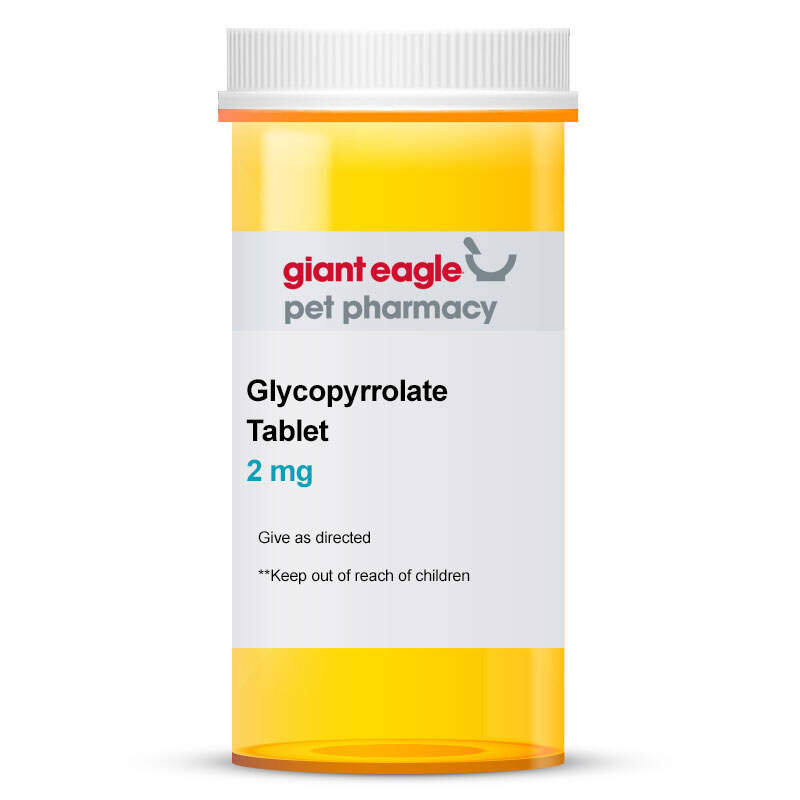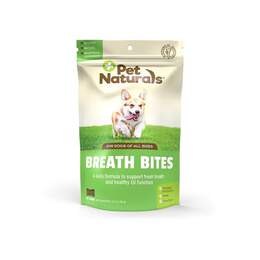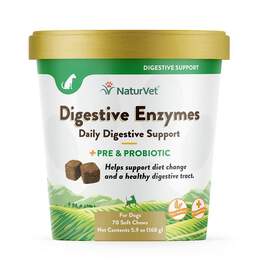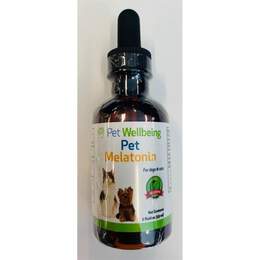Per Tablet
Click on image to open expanded view
Item No.
28916
Glycopyrrolate 2 mg Tablet Rx
Availability:
-
In Stock
AutoShip & Save 35%
Product Description
Robinul Glycopyrrolate works to reduce secretions in the body's various organs. It can help with illnesses such as peptic ulcers, which create an excess of stomach acid.
Who is Glycopyrrolate 2 mg Tablet for?
Dogs.
Why use Glycopyrrolate 2 mg Tablet?
Because it lowers respiratory tract secretions and drooling, glycopyrrolate is frequently administered prior to surgical anesthesia. It's usually used in combination with other anesthetics to keep the animal's heart rate from slowing down.
How does Glycopyrrolate 2 mg Tablet work?
Glycopyrrolate is an anticholinergic that acts by inhibiting the action of acetylcholine. Acetylcholine is a naturally-occurring chemical in the body that helps to reduce secretions and the negative effects of drugs that boost acetylcholine's function in the body.
Manufacturer:
Baxter
Active Ingredients(s):
Glycopyrrolate
How is Glycopyrrolate 2 mg Tablet sold?
2 mg tablets
What are the side effects of Glycopyrrolate 2 mg Tablet?
The activities of sympathomimetics, thiazide diuretics, and nitrofurantoin may be increased by glycopyrrolate. Glycopyrrolate and its derivatives can reduce the effectiveness of metoclopramide.
What special precautions are there?
With the exception of a little less arrhythmogenic profile and a few central nervous system adverse events, glycopyrrolate's side effect profile is quite similar to that of atropine.
What to do if overdose?
If overdose occurs, please contact your local pet hospital or emergency pet clinic immediately. Overdose symptoms include: reduced heat tolerance, personality change, hyperactivity, hunger, urination, and increased thirst.
How can I store Glycopyrrolate 2 mg Tablet?
Keep the container cool and dry. Temperatures should range from 59 to 86 degrees Fahrenheit (15 to 30 degrees Celsius).
Helpful Tips:
When combined with other medications, glycopyrrolate can be used to treat small intestine and stomach ulcers. It can also be used as a pre-operative antimuscarinic, minimizing salivary, pharyngeal, and tracheobronchial secretions.
Overview
Hypothyroidism in animals is often treated throughout the pet's life with Levothyroxine. Blood tests should be done on a regular basis to establish the dosage rate and T4 level. For dogs, the recommended dose is 0.05 to 0.1mg per 10 pounds of body weight. Ensure that the animal has access to fresh water at all times. Encourage drinking if your pet has a dry mouth.
Main Ingredients
Glycopyrrolate








